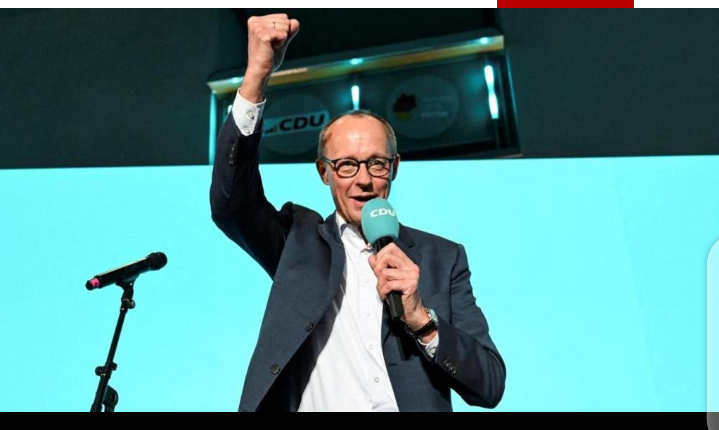Friedrich Merz: Germany’s Next Chancellor And The Return Of Conservative Leadership.
Friedrich Merz, leader of the Christian Democratic Union (CDU), is set to become Germany’s next Chancellor, marking a return to conservative leadership in Europe’s largest economy.

At 69, Merz is no stranger to German politics, having been a prominent figure within the CDU for decades. His supporters see him as a steadying force amid Europe’s political and economic uncertainty, positioning him as an antidote to what they describe as a *crisis of confidence* across the continent.
A Political Journey Rooted in Conservatism
Born in 1955 in Brilon, western Germany, Merz hails from a well-established conservative, Catholic family. His father was a local judge, a profession his wife, Charlotte, continues to uphold today.
Merz’s political ambitions took shape early, joining the CDU while still at school. Following his education, he completed military service before studying law. In 1981, he married fellow student Charlotte Gass, beginning a career that saw him balance legal work with a growing presence in politics.
By 1989, at just 33 years old, Merz had secured a seat in the European Parliament, quickly becoming a rising star within the CDU’s more right-wing, traditionalist faction. His sharp intellect and firm stance on economic and social issues earned him a reputation as a strong conservative voice within the party.
The Rivalry with Angela Merkel
Despite his early success, Merz’s political career took a detour when Angela Merkel rose to lead the CDU. Her centrist approach contrasted sharply with his more traditional conservative stance, leading to a power struggle that saw Merz gradually sidelined.
In 2009, after years of internal party battles, he left politics to pursue a career in business and law. However, his political ambitions never faded. He made three attempts to reclaim leadership of the CDU, facing setbacks in 2018 and January 2021 before finally succeeding.
A Leader for Germany’s New Political Landscape
Merz’s return to the forefront of German politics signals a shift from the policies of Merkel’s long tenure. His leadership is expected to prioritise economic growth, national security, and a more traditional conservative agenda.
While his critics argue that his views may be too rigid for modern Germany, his supporters believe he represents a necessary course correction after years of centrist governance.
As Germany prepares for this transition, all eyes will be on Merz to see whether his leadership will bring renewed stability and direction to the country in an increasingly uncertain European landscape.


